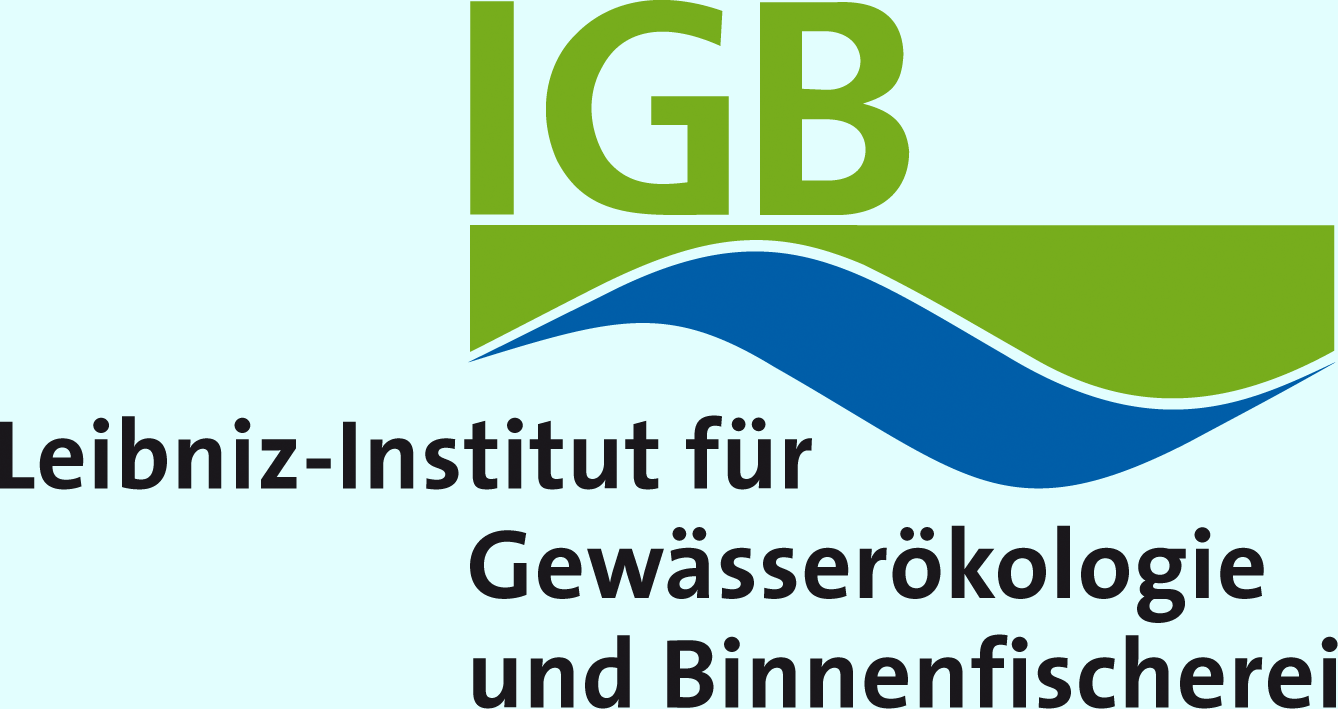Sustaining global capture fisheries - Public lecture by Prof. Ray Hilborn
Why reading Science and Nature might lead you believe it isn’t happening
- https://www.agrar.hu-berlin.de/de/pressmit/pressarchiv/archiv15/20150925
- Sustaining global capture fisheries - Public lecture by Prof. Ray Hilborn
- 2015-09-25T13:00:00+02:00
- 2015-09-25T16:00:00+02:00
- Why reading Science and Nature might lead you believe it isn’t happening
- Wann 25.09.2015 von 13:00 bis 16:00
- Wo Leibniz-Institut für gewässerökologie und Binnenfischerei, Müggelseedamm 310, 12587 Berlin-Friedrichshagen, Hörsaal
-
iCal


Public lecture by Prof. Ray Hilborn
Professor in the School of Aquatic and Fishery Sciences, University of Washington
Sustaining global capture fisheries:
Why reading Science and Nature might lead you believe it isn’t happening
The pages of Science and Nature are filled with gloom and doom stories about the demise of fisheries and have promoted oft repeated views that 90% of the large fish of the ocean were depleted by 1980 and that if current trends continue all fish stocks will be collapsed by 2048. After the publication in 2006 of the paper estimating the 2048 date for the final demise of fisheries, the lead author of that study, Boris Worm, and I formed a group to understand our difference in perspective about the sustainability of capture fisheries. In 2009 we found that in countries that conduct scientific stock assessments stocks were on average not in decline, but stable. Since then the status of fisheries in many countries has continued to improve with fishing mortality rates declining and stocks often rebuilding. However, much of the world does not have effective fisheries management, and in those places stocks appear to be heavily fished and in decline. In this talk I will discuss some of the data used to identify the status of fish stocks and fisheries, and outline our current understanding of what it takes to sustainably manage fisheries.
Ray Hilborn is a Professor in the School of Aquatic and Fishery Sciences, University of Washington specializing in natural resource management, fisheries and conservation. Throughout his long career, he has been an key scholar in developing fisheries assessment methods that are now widely applied in the management of global fish stocks. For his accomplishments, he has received the Volvo Environmental Prize, the American Fisheries Societies Award of Excellence, The Ecological Society of America’s Sustainability Science Award and the American Institute of Fisheries Research Biologists Outstanding Achievement Award. Hilborn is a Fellow of the American Fisheries Society, the Washington
State Academy of Sciences, the Royal Society of Canada and the American Academy of Arts and Sciences.
More information: www.iri-thesys.org & www.igb-berlin.de
Friday, 25 September, 1 pm, Leibniz-Institute of Freshwater Ecology and Inland Fisheries,
Müggelseedamm 310, 12587 Berlin, Lecture hall
